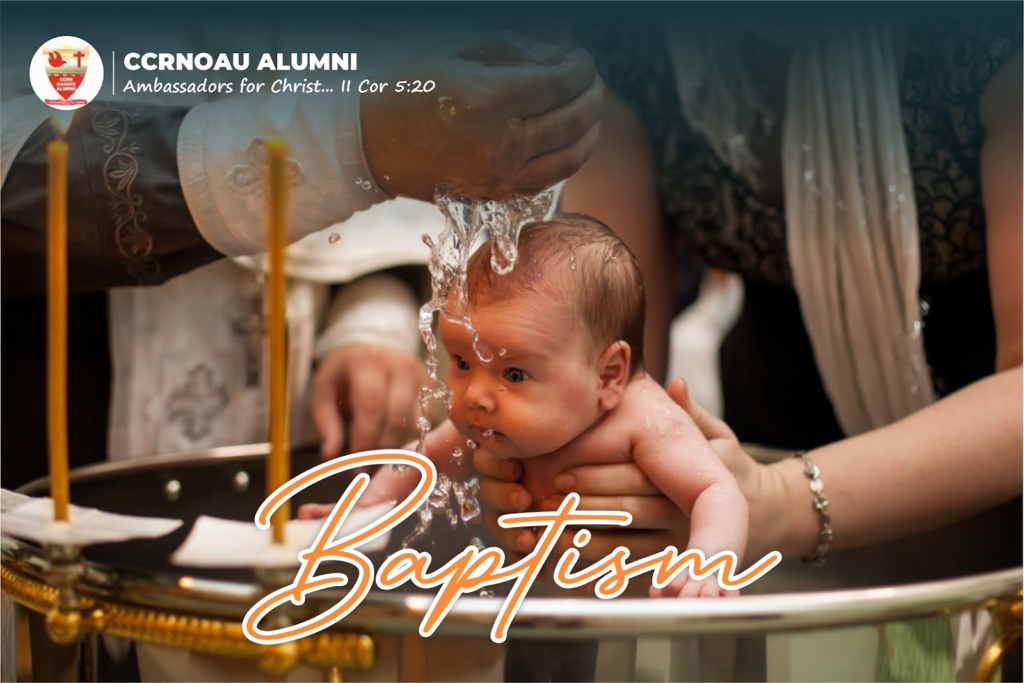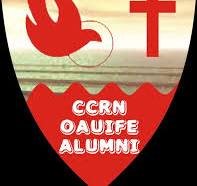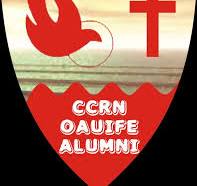
Last week, we began the Doctrinal discussion on Baptism. And this leads us to the question- Who can be baptised?
Anyone, regardless of age who has not yet been baptised is qualified for baptism. The Catechism of the Catholic Church states that, “Every person not yet baptised and only such a person is able to be baptised.” (CCC 1246). Anyone who has been validly baptised does not need to be re-baptised.
What are the requirements for a valid baptism? The Catholic penny Catechism defines “sacrament as an outward sign of inward grace, ordained by Jesus Christ, by which grace is given to our souls.” Therefore, even though the graces of baptism are spiritual, physical elements are also required as signs to administer them. Generally, the physical elements of sacraments consist of two parts namely; the matter (material or tangible element) and the form (formula, words or prayers). These two elements must be present for a sacrament to be validly received. For the sacrament of baptism, the matter is water (John 3:5), and the form is the Trinitarian formula. The Trinitarian formula is: “I baptise you in the name of the Father, and of the Son, and of the Holy Spirit” (Matt 28:19). However, the Church does not believe that baptism is magic; baptism must be accompanied by faith. If the recipient rejects the faith or doesn’t believe in what they received, the baptism remains inactive.
Who can perform baptism? The ordinary minister of baptism is the bishop or priest, but anyone can perform baptism if the recipient’s life is in danger. In extreme cases, an unbaptised person can baptise someone who requests for it in danger of death provided the right matter and form are used. This is because the Church believes in God’s will for all people to be saved (1 Tim 2:4) and in the necessity of baptism for salvation (John 3:5).
However, can a person be saved without baptism? The Church holds that, “Baptism is necessary for salvation for those to whom the Gospel has been proclaimed and who have had the possibility of asking for this sacrament” (CCC 1257), it continues that, “the Church does not know of any means other than Baptism that assures entry into eternal beatitude” but added that, “God has bound salvation to the sacrament of Baptism, but he himself is not bound by his sacrament”. The Church also states that since Christ died for all men and wills for all people to be saved, unbaptised persons who die for the faith (baptism by blood) or who are catechumens (baptism by desire), or who, without knowing Christ and his Church but acting under the inspiration of grace, seek God sincerely and strive to fulfil his will (baptism by desire), can be saved (CCC 1258 – 1260). It may also apply to those who have faith in Christ, but have not been baptised because they truly and sincerely (because of false teaching received in goodwill) do not believe that baptism is necessary. In these cases, however, the Church teaches that such individuals “may” be saved, not that they are saved.
God has provided the sacrament of baptism for our salvation.
Let us make use of this channel and avail ourselves the opportunity of receiving the graces contained in this sacrament, remembering that the sacraments are not done by us for God, but by God for us. Glory be to God the Father, the Son and the Holy Spirit, world without end. Amen.
Reference
Catholic Church. Catechism of the Catholic Church. 2nd ed. Vatican: Libreria Editrice Vaticana, 2012.
Leave your comments and share with someone.
By Bro. Martin Olorunlomojo

